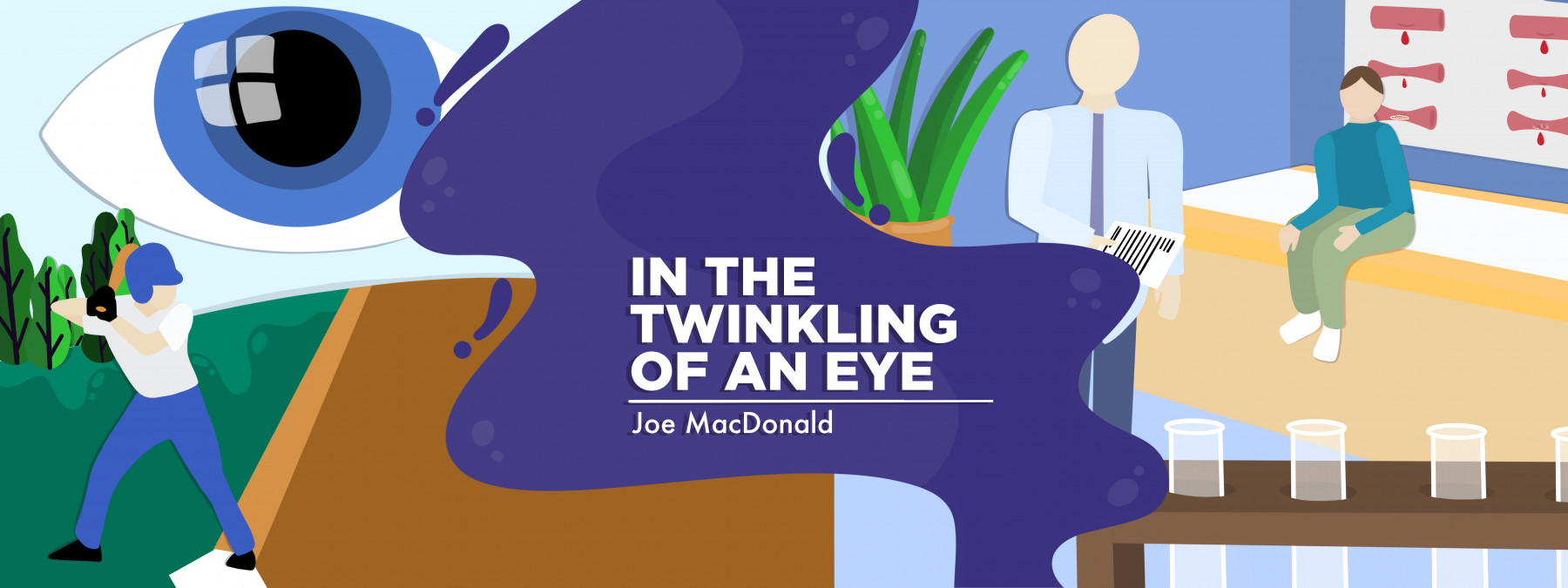Remembering treatment protocol when an emergency occurs
Amid the chaos, it helps to have a plan determined ahead of time
Written by |

Cazandra and Caeleb, my wife and youngest son, rode with me several years ago to see a movie in Albuquerque, New Mexico, near our home. Caz and I planned the whole day with one goal: to have fun. After the movie, we’d have lunch and then go to a mall.
But on the trip, as I used my blinker to exit the interstate, a car attempted to make its way onto the freeway illegally. Without a way to avoid a collision, I crashed into the vehicle, which pushed my dashboard back toward my wife and me. I drove to the side of the road as I watched the other car leave the scene. A big dent between the driver’s and back seats indicated where I’d hit it.
Although I was angry that the driver responsible for the incident didn’t stop, I later became grateful that the person kept going; the police told me that the same vehicle hit several more cars that day before its occupants finally got out of it at a store down the road. All three of those occupants carried guns. I cannot tell how blessed my family felt; if they’d gotten out of their car and brandished their weapons at us, we might not have been so lucky.
As I stopped on the freeway shoulder, I asked both Cazandra and Caeleb, “Are you OK?” Though shaken, they replied that they were. Caz called 911 and requested medical services while I looked at Caeleb, who assured me he didn’t feel any symptoms of an internal bleed.
I then called my insurance company to begin my claim. The phone representative was calm and instructed me on what our next steps should be. When I thanked her and hung up, the police arrived, followed by an ambulance and fire truck. I described the situation to a police officer. Luckily, a couple said they witnessed the incident and corroborated my story, so the officer determined I wasn’t at fault. Next, I contacted a tow truck to transport my car to a body shop designated by my insurance company.
The next steps
As soon as I finished, I frantically ran back to my wife and son. Cazandra and I wondered whether we needed to take Caeleb to the hospital, thinking about the unseen issues that could arise from the wreck. While many joint bleeds cause visual swelling, for instance, head and stomach bleeds usually don’t. Thus, any damage could go untreated for a prolonged period until someone discovers that something’s wrong.
At that point, we remembered the treatment protocol for hemophilia patients and decided to have Caeleb taken to the University of New Mexico Children’s Hospital for an evaluation to see if he had internal damage. While Caeleb looked fine, we left nothing to chance.
Cazandra rode in the ambulance with Caeleb while I stayed at the crash site until the tow truck came to take our car. Thankfully, the driver also agreed to take me to the hospital. Trusted friends from my church then brought me a car to use until I could rent one.
I walked into Caeleb’s room and looked at my wife. She and I filled in each other on the latest news regarding the wreck, Caeleb’s prognosis, and our feelings. We gave each other a reassuring hug. “Thank God we remembered the protocol regarding emergencies,” I said. “We did the right thing bringing our boy to the hospital.”
After a few hours and several tests later, the medical team determined that no significant internal bleeding had occurred and that our boy could go home. We offered a litany of praises for the police, our son, and the medical team, who went above and beyond to assure us that MacDonald the Younger could return to school the following Monday.
I gave my wife another hug as we breathed a huge sigh of relief and agreed that the protocols regarding emergencies might save our son’s life one day. Thanks be to God, that didn’t happen this day.
Note: Hemophilia News Today is strictly a news and information website about the disease. It does not provide medical advice, diagnosis, or treatment. This content is not intended to be a substitute for professional medical advice, diagnosis, or treatment. Always seek the advice of your physician or another qualified health provider with any questions you may have regarding a medical condition. Never disregard professional medical advice or delay in seeking it because of something you have read on this website. The opinions expressed in this column are not those of Hemophilia News Today or its parent company, Bionews, and are intended to spark discussion about issues pertaining to hemophilia.




Leave a comment
Fill in the required fields to post. Your email address will not be published.